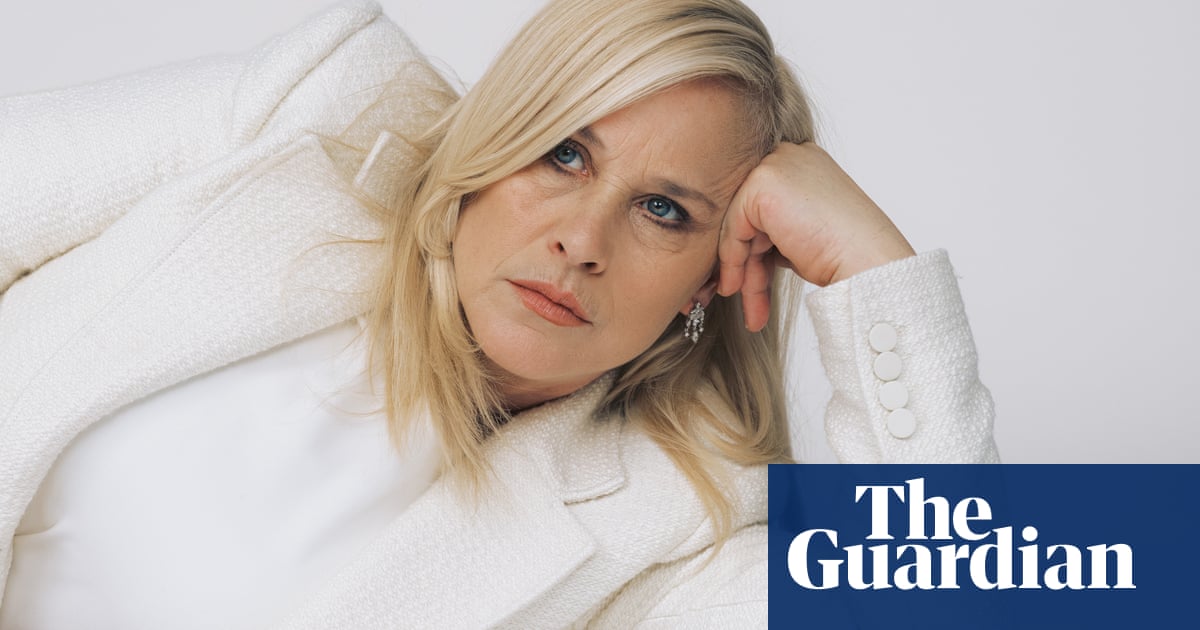“Brain rot” has been announced as the Oxford word of the year for 2024, amid concerns over endless social media scrolling and mind-numbing content.
More than 37,000 people voted to help choose the winner from a shortlist of six words drawn up by Oxford University Press, the publisher of the Oxford English Dictionary.
Its annual award, whose previous winners have included “rizz” and “climate emergency”, aims to reflect the moods and trends of the year.
Brain rot is defined as “the supposed deterioration of a person’s mental or intellectual state, especially viewed as the result of overconsumption of material (now particularly online content) considered to be trivial or unchallenging”.
Oxford University Press said the term “gained new prominence in 2024 as a term used to capture concerns about the impact of consuming excessive amounts of low-quality online content, especially on social media”.
Despite its recent rise to prominence, its first recorded use was in Henry David Thoreau’s book Walden in 1854.
Casper Grathwohl, Oxford Languages president, said: “Brain rot speaks to one of the perceived dangers of virtual life, and how we are using our free time. It feels like a rightful next chapter in the cultural conversation about humanity and technology. It’s not surprising that so many voters embraced the term, endorsing it as our choice this year.
“I also find it fascinating that the word brain rot has been adopted by gen Z and gen Alpha, those communities largely responsible for the use and creation of the digital content the term refers to.”
The five unsuccessful shortlisted words included “demure”, which rose to prominence following a social media trend during the summer that refers to reserved or responsible behaviour; “dynamic pricing”, where the price of a product or service varies to reflect demand; “lore”, a body of facts and background information related to someone or something; “romantasy”, a fiction genre combining romance and fantasy; and “slop”, low-quality content online generated using artificial intelligence.
The shortlist was decided by a panel of four experts, chaired by lexicographer Susie Dent, best known for her appearances on Channel 4’s Countdown.
Oxford University Press took the public vote into account as it chose the winner, as well as public commentary and other analysis before announcing it on Sunday evening.
Recent winners of the Oxford prize include “rizz”, an abbreviation of the word charisma, which took the title last year. “Goblin mode” took the crown in 2022 and the pandemic-era “vax” won in 2021.
Across the Oxbridge divide, Cambridge Dictionary’s word of the year was announced last month as “manifest”, which is a wellness trend to imagine achieving a goal in the hope it will make it more likely to happen.
The word had been searched 130,000 times on the Cambridge Dictionary website.
Social media trends were also linked to “demure” being awarded as Dictionary.com’s winner, linked to a TikTok movement during the summer advising people to be reserved and mindful in their behaviour.
Another summer craze led Collins Dictionary to make “brat” its word of the year, after Charli xcx’s hit album of the same name released in June.

 2 months ago
40
2 months ago
40













































